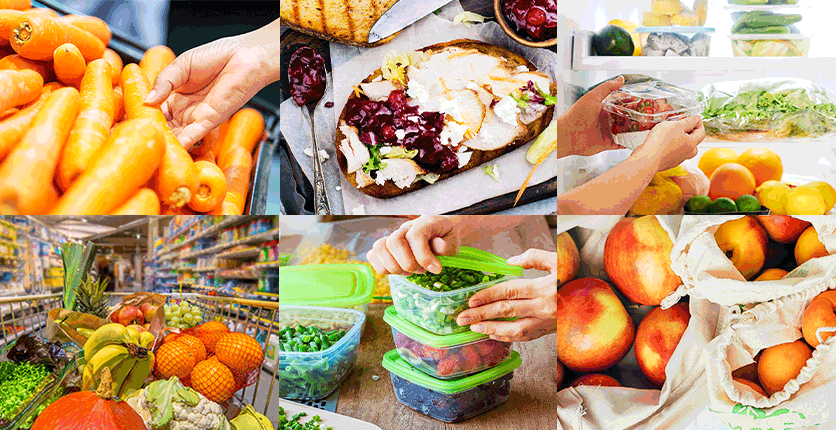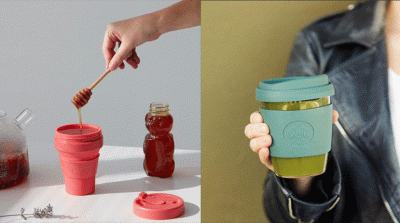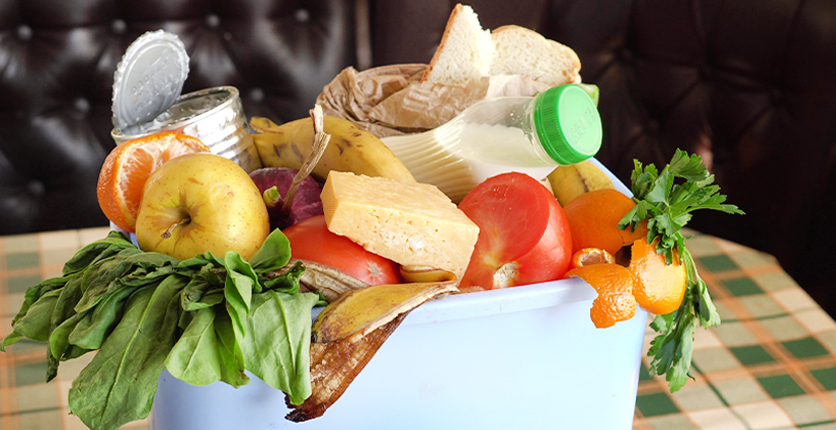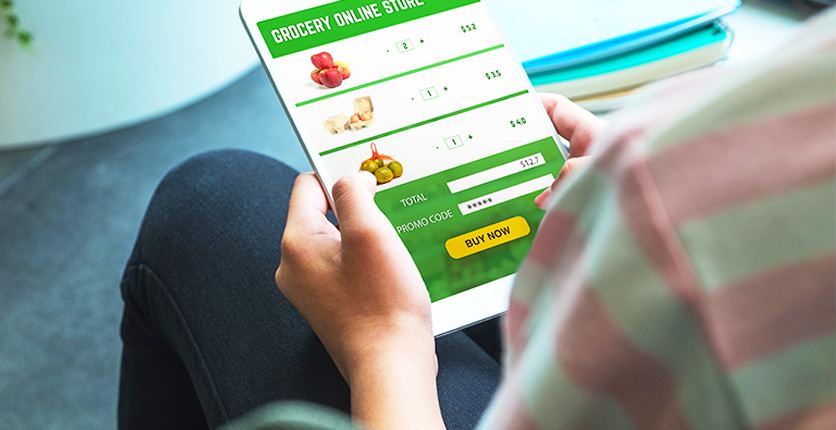With many of us still working from home and in turn, eating more home-cooked and takeaway meals, we’re also more likely to see food going to waste.
According to environmental activist Olivia Choong, food waste is a significant contributor to carbon emissions, accounting for 8% of emissions worldwide. In 2020, Singapore generated 665,000 tonnes of food waste, accounting for 11% of all waste disposed of nationwide. This figure is an improvement from the year before but it is still an enormous amount.
Here, Olivia shares some ideas for reducing food waste, and saving time and money in the process.

1. Plan Ahead
Before going grocery shopping, Olivia advises checking your fridge and pantry to see what ingredients or foods you have available that you can use up. Then, decide what to stock up on, depending on the meals you’ve planned. With limited space in the fridge and freezer, do also think about how to store perishable items.
Making a shopping list is useful as it stops you from buying what you don’t need, but remember to stick to it when you’re out, and do not shop on an empty stomach or you might be tempted to impulse buy, she adds.
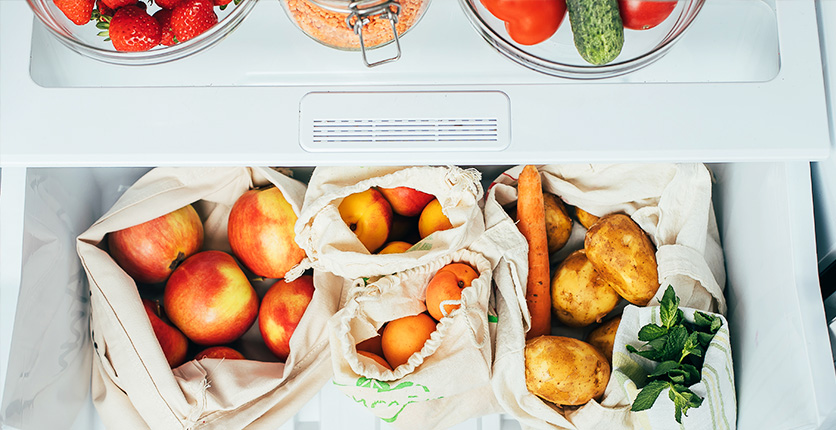
2. Buy In Bulk Where Possible
Some foods are worth buying in bulk since they can keep for a while in the fridge, freezer or pantry, says Olivia. Plus, they may also work out cheaper in the long run. Think sweet potatoes, potatoes, radishes, onions, garlic, carrots, cabbage, cauliflower, pears, apples and citrus fruits.
“If you find yourself with leftover fruit, herbs and veggies that are about to go bad, don’t throw them away,” she advises. “You can always ferment, pickle, can or freeze them – these techniques help to preserve the ingredient for longer. Alternatively, turn fruit into jam or a dessert that you can freeze.”
Other items you can buy in bulk that have a long shelf life include rice, pasta, bottled pasta sauce, dried beans and lentils, oats and dried fruit. You can also share your bulk buy with friends, family or neighbours if you can’t use so much, and save money together.
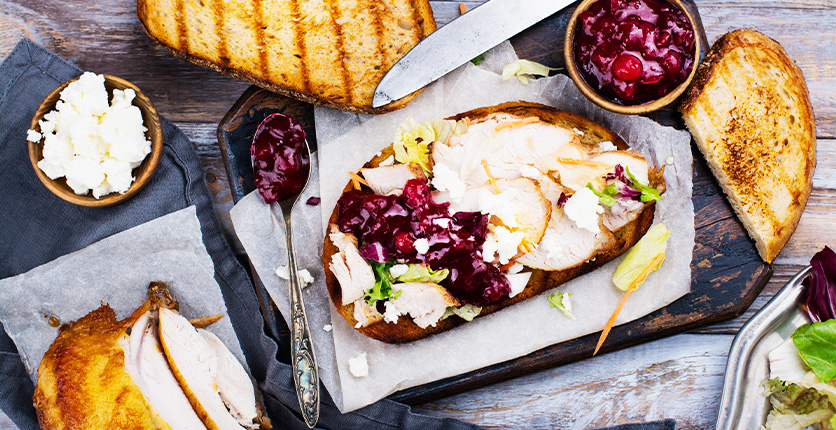
3. Turn Food Scraps And Leftovers Into New Meals
When cooking, try to use as much of the raw ingredient as possible. Scraps like celery tops and carrot peels are ideal for vegetable stock, while bones are perfect for meat-based stock. The stock can later be used to make soups or rice porridge, for example.
Did you over-buy meat or salad from your favourite restaurant or hawker stall? Leftover cooked meat and veggies can also be transformed into new meals, from sandwich fillings to dishes that can be served alongside rice or pasta, says Olivia.
Old, dry bread that’s close to its use-by date can be used to make bread-and-butter pudding. If the bread is still relatively fresh and you don’t plan on eating it right away, just freeze it.
If you have excess herbs, freeze them in ice cube trays with oil. Use the cubes when you next make stews or sauces.

4. Stretch One Ingredient Across Many Meals
Have you ever bought a bag of carrots, only to end up using just one or two and throwing the rest out after they’ve spoiled?
Olivia recommends including such ingredients in several different recipes. This involves planning some meals in advance but it’ll ultimately cut down on food waste and save you time and money.
“The carrots, for instance, can be shredded and used as a sandwich filling or in a salad or stir-fry, or even mixed with other veggies and used to make vegetable fritters,” she says. “Cut the carrots into chunks and freeze them to use later in stews and stir-fries.”

5. Store Food Properly
Our tropical climate means that food spoils easily if not stored correctly.
“Pasta sauce, pesto, salsa, hummus and guacamole can go ‘off’ quickly in the fridge after the container has been opened, so store these in the freezer if you don’t plan on using them anytime soon – this will extend their shelf life by up to six months,” Olivia says. “Soups, bread and waffles, too, can be frozen.”
She adds that fruits like apples, bananas, kiwi and mango can ripen other fruits so avoid storing them with fruits that you don’t want to ripen too quickly.
Some veggies don’t store well in the freezer, like cucumbers, cabbage, celery and potatoes.
Finally, don’t store potatoes with onions because onions tend to make potatoes spoil faster when the two are stored together.

6. Organise Your Fridge And Pantry
A badly organised fridge or pantry may see perishable food and ingredients forgotten about and having to be thrown away after they’ve gone bad.
The solution: storing items in clear or well-labelled containers so that you can easily see their expiry date. Olivia also suggests placing taller or bigger items at the back and smaller ones in the front, so nothing “gets lost”.
It also helps to take stock of these items every now and again, to see what’s close to expiring or expired.
Share your food saving tips with us at magnsman@sph.com.sg!
